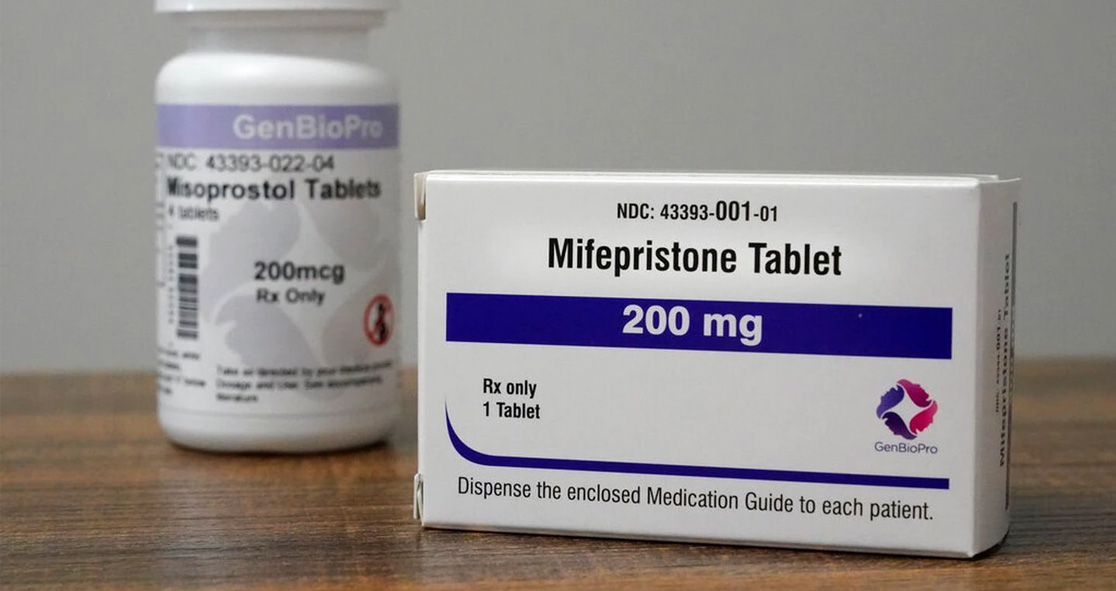On Thursday, the Food and Drug Administration (FDA) said it would permanently allow patients to receive abortion pills containing mifepristone by mail, which could be a major win for advocates, according to NBC News.
The FDA’s move will expand access to abortion as the Supreme Court wrestles with the future of Roe v. Wade – a landmark decision in which the Court ruled that the U.S. Constitution protects a pregnant woman’s liberty to choose to have an abortion without excessive government restriction.
The new rule could help some women in states like Texas, where patients are advised to get the abortion pill in person and cannot acquire it through online or telehealth appointments.
Also called RU 486, mifepristone is used to cause an abortion during the early part of a pregnancy, according to WebMD. It blocks a natural substance, called progesterone, which is needed for pregnancy to continue. The drug is usually used together with another medicine called misoprostol.
The FDA temporarily eased restriction on mifepristone during the COVID pandemic, which spurred greater access to the therapy, which the FDA approved in 2016 to terminate pregnancies up to 70 days of gestation.
While the FDA is expanding access, the Supreme Court has been scrutinizing access to abortions through telehealth services.
In May, the Biden administration said that it would review requirements for mifepristone. In 2020, a group of doctors and advocates challenged the previous FDA restrictions on receiving the abortion pill by mail.
The FDA said, “The regimen is largely safe and that it’s the most common method for ending pregnancies in the first 10 weeks.” The American College of Obstetricians and Gynecologists says the likelihood of complications is less than 1%.
The U.S. drug regulatory body said nearly 4 million American patients have taken mifepristone since 2000. And of those, there were 26 deaths linked to the drug as of June 30, 2021.
However, the FDA cautioned that the deaths could not be causally associated with the drug with certainty because of other factors, such as the use of other drugs, medical or surgical treatments, and underlying medical conditions. The article originally appeared on NBC News.























